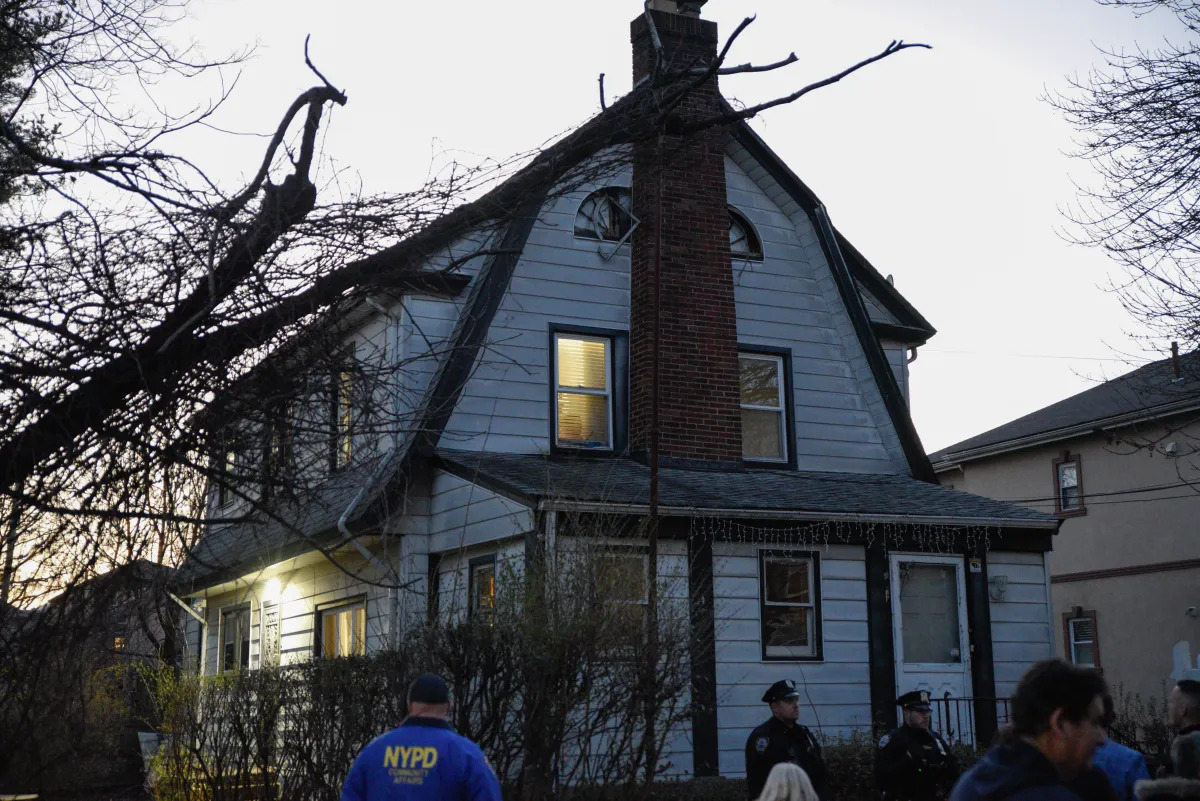
BY ALINE REYNOLDS | A 55-year-old woman who goes by “Jean” uses a paycheck-and-a-half toward paying her rent these days. Jean, who has lived in Independence Plaza North (I.P.N.), a Tribeca residential complex, for close to three decades, forks over close to $3,000 a month for her apartment.
In the 1990s, her rent was about a quarter of the current rate. “My partner was ill with cancer, and I wasn’t working, so we ended up on the voucher program,” she said. “In 2005, I got a full-time job, and my rent went up astronomically.”
Once Jean is no longer eligible for a voucher toward her rent, her landlord, Laurence Gluck, could conceivably raise the rent further. Were that to happen, “I’d either be forced to move or forced to quit my job, and of course I’m not going to quit my job,” she said. “It’s devastating not to feel comfortable and safe in your own home.”
If she had to move out of I.P.N., she’d have no idea where to go. “I’ve made a life down here,” she said.
Jean requested anonymity out of fear of retaliation by Gluck, who she said sent her three eviction notices over the course of a year after he purchased the property in the early 2000s. She is one of a number of I.PN. residents who might be driven out of their homes if Gluck wins yet another legal battle over rent stabilization that is currently held up in state court.
In 2004, Gluck removed I.P.N. from the Mitchell-Lama program, a government subsidy that supports rent regulation. At the time, he was receiving an annual J-51 tax break of $7,500 in exchange for making building improvements and keeping I.P.N. rent stabilized, but in 2006 he backed out of that arrangement. He repaid the two years’ back taxes in order to free himself to raise rents. In response, tenants launched a suit to regain rent stabilization. They were overjoyed when in August 2010 the state Supreme Court upheld their case against the landlord. But last summer, a federal court ruled that Gluck had acted legally when he deregulated I.P.N., a ruling reinforced this April when the state’s Appellate Division decided that he could raise rents as much he pleased because he had retroactively repaid the tax abatement.
Elected officials representing Lower Manhattan are actively supporting the tenants. Just last week, Manhattan Borough President Scott Stringer and New York State Senator Daniel Squadron filed documents with the state’s Court of Appeals asking permission for I.P.N. tenants to have a second shot at appealing their case against Gluck.
Seth Miller, an attorney representing the residents, expects the Court of Appeals to make a decision about whether to grant the tenants’ appeal request by mid-October.
Gluck, chief executive officer of the real estate firm Stellar Management, has claimed that the city’s Department of Finance was at fault when it issued him the J-51 tax credits.
Asked for comment, John Marino, a spokesperson for Gluck, said in a written statement, “The legacy residents of Independence Plaza have been protected under a voluntary and generous landlord assistance program that the owners of the building negotiated in 2004. That program remains intact today.”
But according to Miller, only about a third of the development’s 1,331 units currently have deregulated rents. Were the tenants to win the lawsuit, he noted, the apartments would fall back into rent stabilization. “They’ve been able to evict people as if the premises were not rent-stabilized,” he said. “Those wouldn’t have been market-rate apartments had the landlord not broken the law.”
At an Aug. 16 press conference at I.P.N., Squadron said, “The goal of J-51 is high-quality housing and affordability — the mechanism is the tax break. And if [landlords] don’t want it…I’m sorry. We still need high-quality affordable housing across New York City.”
Stringer echoed Squadron’s sentiments, asserting that the Appellate Division’s April ruling “goes against the letter of the law, threatens to displace the tenants of I.P.N. and undermines rent stabilization throughout our city.”
City Council Speaker Christine Quinn, also present at the press conference, stressed the importance of preserving affordable housing for I.P.N.’s future tenants, not just for those who live there today.
“This is now a neighborhood…where there are rents that blow your mind,” said the Speaker. “I worry that the person who wants to write the next great American novel, or the next Marvin Hamlisch, won’t think to come to New York — because they won’t think they can find an apartment that they can afford while they’re the waiter or the waitress or the bartender while doing that creative work.
“I.P.N. has allowed those people to come and stay in New York,” the Speaker continued. “That doesn’t just give us affordable housing. That feeds the soul of New York City.”
Diane Lapson, president of I.P.N.’s Tenant Association, spoke to I.P.N.’s role in feeding and otherwise tending to community members around the time of 9/11. “We have been here for everyone’s births and deaths,” she said. “We do not think of ourselves as units of real estate.”
Lapson’s college-aged daughter is living with her because she couldn’t otherwise afford to live anywhere near her family, she said. “I don’t just care about preserving affordable housing for me. I care about all the young people who deserve a chance in Manhattan to start their life and go after their dreams.
“This is a terrible situation that we have to change.”
As an 89-year-old I.P.N. tenant, Gertrude Stein especially worries about being displaced from her home. “Within a period of time, there’s no doubt in my mind that the rent will go market-rate,” she said. “I can just about make it now. I can just keep my fingers crossed and hope I can have some kind of peaceful existence.”

















